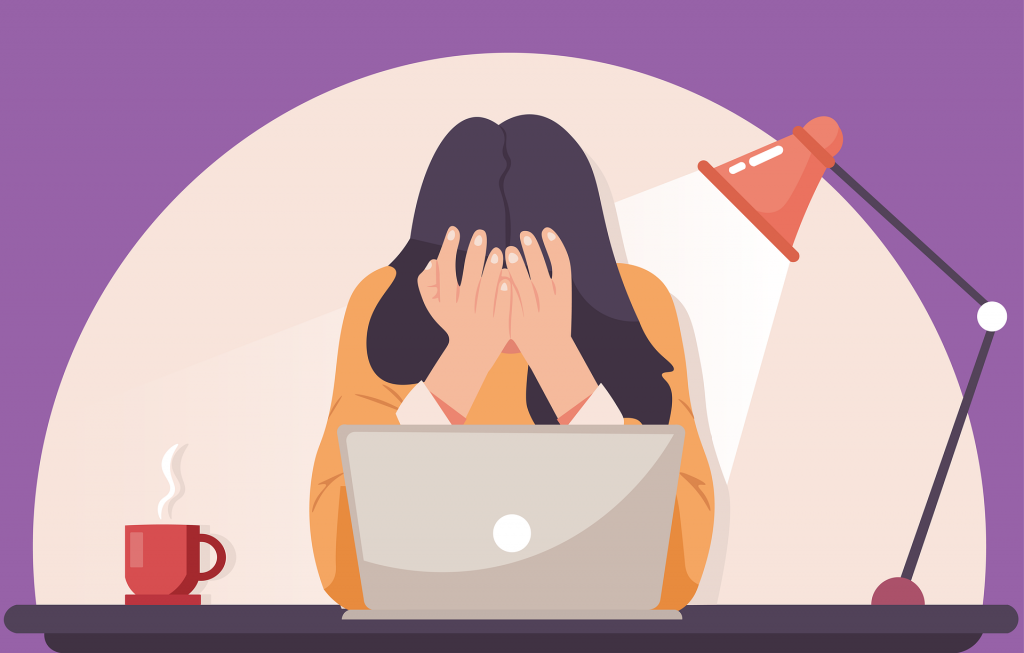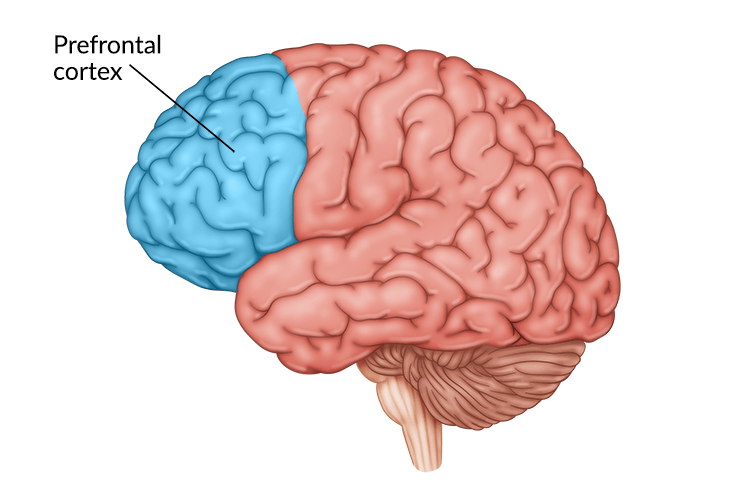We’ve all been there. After studying for several hours, you know you still have to finish homework and even study for your upcoming quiz, but you find it hard to concentrate on your lecture notes and books.
You start to feel your eyelids droop, and your brain already feels fuzzy. You feel like you’re slowing down and want nothing but to curl up on your bed after a day spent.
If you’ve ever wondered why you feel so drained after studying for long periods, read on to learn. Scientists have found indications that may explain why this happens.

A new study suggests that a person may feel exhausted after intense mental work (like excessive studying) because of the buildup of a potentially toxic neurotransmitter called glutamate in the prefrontal cortex.
The prefrontal cortex (PFC) is the part of the brain covering the front part of the frontal lobe. It’s the region responsible for cognitive control and decision-making.

Glutamate is the most abundant excitatory neurotransmitter in your brain. It stimulates or sends a signal in the brain, which passes the “message” from one nerve cell to another.
Glutamate plays a significant role in brain development. Our body produces normal levels of glutamate, which helps with memory and learning. However, too much glutamate can lead to cognitive fatigue and disrupt brain function.
Researchers suggest that our brain slows down its activity to regulate the buildup of glutamate and manage the strain.
The study conducted an experiment involving 40 participants that engaged in repetitive tasks with different levels of mental effort. The participants were split into two groups: the test and the control group.
The test group consisted of 24 participants that performed demanding tasks. On the other hand, the control group consisted of 16 participants that performed a simpler version of the same task. All participants worked for about six hours for five sessions, with two 10-minute breaks.
As the participants worked on their tasks, the researchers used magnetic resonance spectroscopy (MRS), a noninvasive diagnostic test for measuring the glutamate levels in the prefrontal cortex.
The researchers found that participants given more demanding tasks had greater glutamate buildup, about 8%, by the end of the experiment. Additionally, participants were asked to choose between a small, immediate cash reward and a large cash reward. However, they would have to wait for a longer duration or engage in a difficult test to receive the large cash reward.
They discovered that participants assigned demanding tasks made about 10% more impulsive choices than those with simpler tasks. As a result, they chose the smaller, immediate cash reward.
According to researchers, cognitive fatigue causes the participants to choose the smaller cash reward because it requires less cognitive effort, with immediate gratification. This explains that any activity that requires a lot of thinking requires the person’s brain to do less demanding work.
Fortunately, previous studies have found that the restorative functions of sleep help flush out the accumulated metabolic waste products of neural activity. This means getting enough sleep would be good for reducing mental exhaustion.
This study would greatly benefit students studying before exams, nurses working long shifts at hospitals, and athletes before competitions or during heavy training programs.
Further studies on the connection between mental fatigue will help detect severe burnout or fatigue in different people. This could also help better understand how a person reacts to demanding mental work and find ways to avoid exhaustion.







